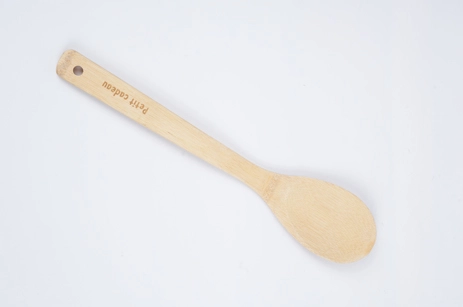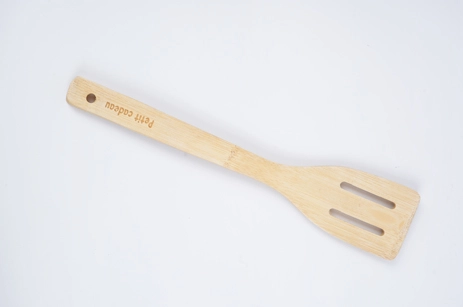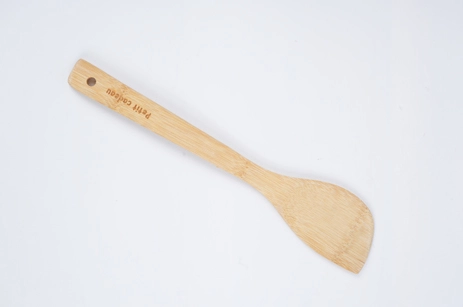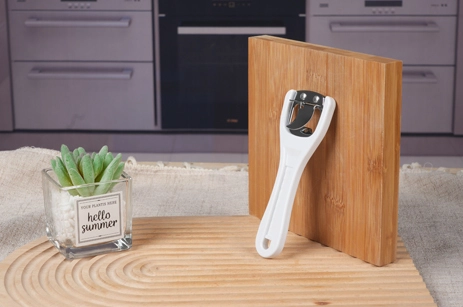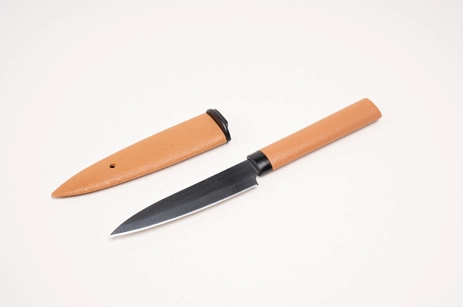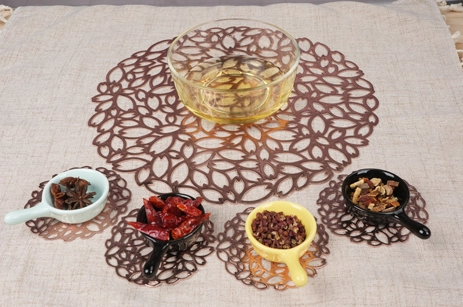The Environmental Benefits of Using Bamboo Kitchenware
1. Sustainable resource: Bamboo is a renewable resource as it grows quickly and can be harvested without causing damage to the environment. Using bamboo kitchenware reduces the use of non-renewable resources like plastic or metal.
2. Reduced carbon footprint: Bamboo absorbs more carbon dioxide and produces more oxygen than traditional wood, helping to mitigate climate change. Using bamboo kitchenware can help reduce the carbon footprint associated with the production and disposal of other materials.
3. Biodegradable: Bamboo kitchenware is biodegradable and can decompose naturally, unlike plastic or metal, which can take hundreds of years to break down. This reduces the amount of waste that ends up in landfills or oceans.
4. Low energy and water usage: The production process of this Chinese kitchenware wholesale requires less energy and water compared to other materials, such as plastic or metal. This helps conserve these valuable resources and reduces the environmental impact of manufacturing.
5. Non-toxic and safe: Bamboo is a natural material that does not contain harmful chemicals or toxins. Using bamboo kitchenware reduces the risk of leaching toxic substances into food or water, promoting a healthier and safer environment.
Bamboo Kitchenware: A Sustainable Alternative to Plastic
In recent years, the use of plastic kitchenware has come under scrutiny due to its harmful impact on the environment. As a sustainable alternative, bamboo kitchenware has gained popularity for its numerous environmental benefits.
First and foremost, bamboo is a highly renewable resource. Unlike trees that take decades to grow, bamboo is one of the fastest-growing plants on the planet, reaching maturity in just a few years. Harvesting bamboo for kitchenware does not require cutting down the entire plant, as new shoots will continue to sprout, making it a sustainable and eco-friendly choice.
Additionally, bamboo kitchenware has a much lower carbon footprint compared to plastic. Bamboo absorbs large amounts of carbon dioxide from the atmosphere, helping to mitigate climate change. Its growth also requires minimal water and doesn't rely on harmful pesticides or fertilizers, further reducing its environmental impact.
Another advantage of bamboo kitchenware is its biodegradability. Plastic can take centuries to decompose, contributing to the ever-growing problem of plastic waste. In contrast, bamboo is biodegradable and will naturally break down without causing harm to the environment.
Furthermore, bamboo kitchenware is non-toxic and safe to use. Plastic utensils and containers often contain harmful chemicals that can leach into food and water. Bamboo, on the other hand, is a natural material that does not release toxic substances, providing a healthier and safer option for kitchenware.
Finally, bamboo kitchenware is aesthetically pleasing and adds a touch of elegance to any kitchen. Its natural grain and texture are visually appealing, making it a popular choice for eco-conscious consumers.
In conclusion, bamboo kitchenware offers a sustainable and eco-friendly alternative to plastic. By choosing bamboo utensils, plates, and containers, we can reduce our reliance on non-renewable resources, minimize carbon emissions, and contribute to a cleaner and healthier planet.
The Durability and Longevity of Bamboo Kitchenware
1. Bamboo kitchenware is highly durable and long-lasting, even more so than many other materials like plastic or metal. It can withstand regular use and resist cracks or breakage.
2. Bamboo is naturally resistant to moisture, making it ideal for kitchenware. It is less likely to warp or become damaged when exposed to water, ensuring its longevity in a kitchen environment.
3. The strong and sturdy nature of bamboo kitchenware allows for repeated use without wearing down or losing its functionality. It can withstand high temperatures and is suitable for various cooking and serving purposes.
4. With proper care and maintenance, bamboo kitchenware can last for years. Regular cleaning, avoiding harsh chemicals, and conditioning with food-safe oils can help preserve its quality and extend its lifespan.
5. Bamboo kitchenware is often designed with precision and craftsmanship, ensuring its longevity and durability. Manufacturers prioritize the use of quality bamboo and employ techniques that enhance the strength and resilience of the products.

 EN
EN
 jp
jp 